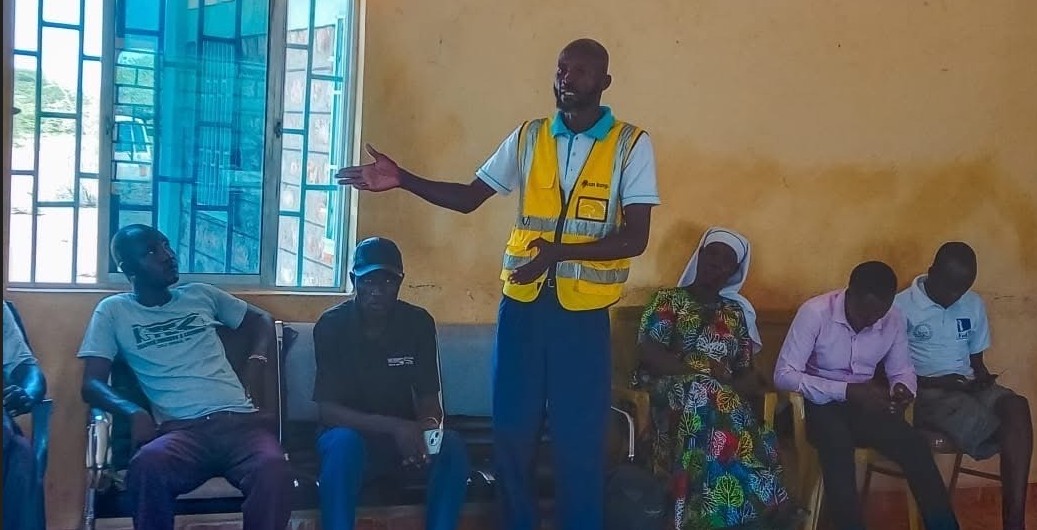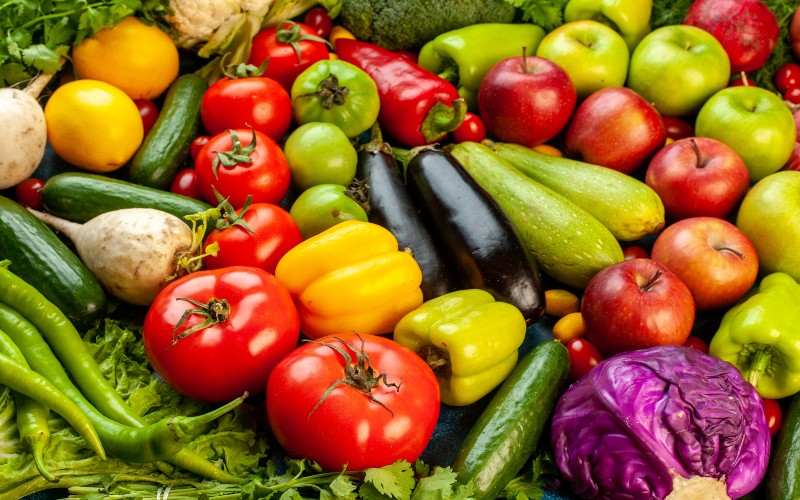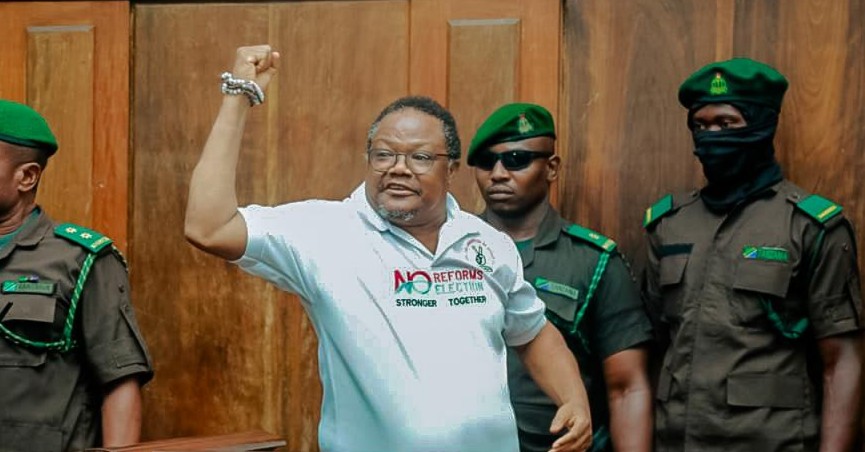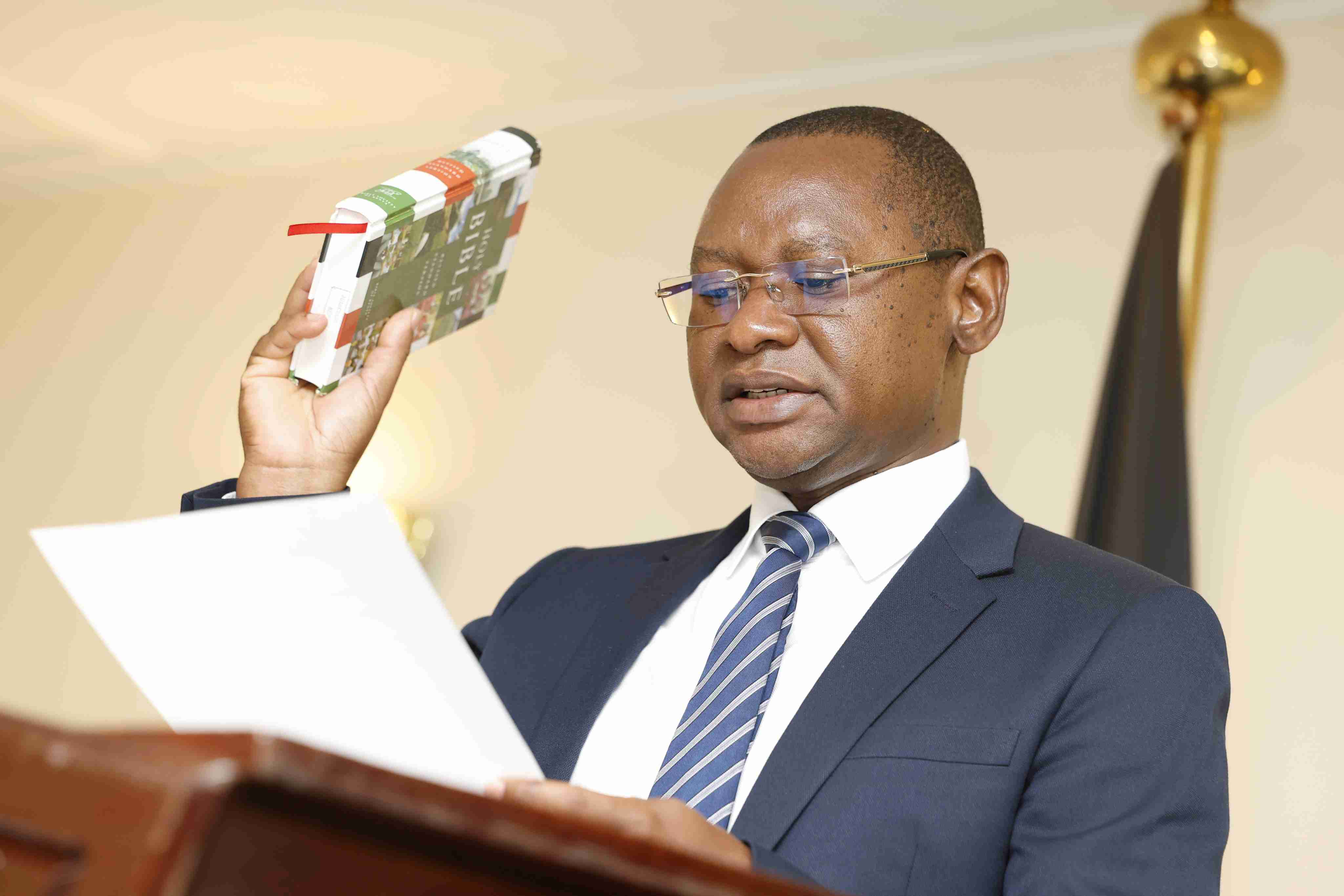Kalokol residents urged to stay vigilant as deadly crocodile attacks rise in Lake Turkana

Rising lake levels are driving crocodiles closer to homes and fishing zones, putting lives, livelihoods, and local communities at risk.
In response to a surge in deadly crocodile attacks along Lake Turkana, the Turkana County Government, in collaboration with the Kenya Wildlife Service (KWS), has launched a comprehensive community engagement initiative to curb the rising human-wildlife conflict in Kalokol and surrounding fishing areas.
The public forum, held in Kalokol and supported by the Kenya Red Cross Society, brought together a diverse group of stakeholders, including KWS representatives, local fishermen, beach management units (BMUs), persons living with disabilities, women and youth groups, local chiefs, and political leaders.
More To Read
- Turkana stakeholders urge reforms to fisheries Bill to protect local fishers and blue economy
- Mothers struggle to feed children as hunger grips Turkana
- Kilifi tightens fisheries oversight, urges fishermen to resolve conflicts amicably
- KWS receives high-tech patrol boat to boost conservation, security in Lake Turkana
- Joho orders probe into alleged dumping of dredged waste in Old Town's fishing grounds
- MPs grill Defence CS Tuya over Todonyang massacre, border security failures in Turkana
The community reported a notable increase in crocodile sightings and attacks, attributing the problem to rising water levels in Lake Turkana.
Closer to human settlements
The backflow has pushed crocodiles closer to human settlements, particularly fishing zones, in search of breeding grounds and food, escalating conflicts and endangering lives.
"This is not just a wildlife issue. It's a public safety crisis," said Achiro Kephas, County Referral and Emergency Services Coordinator. "We're urging communities to stay vigilant, avoid breeding zones, and abandon outdated fishing methods like using rafts or fishing in shallow waters where crocs hide."
Fishermen say their livelihoods are under siege.
"These crocodile attacks are happening at dawn and dusk — the very times we go fishing," said Josephat Mutei, Chairman of Kalokol Fishermen. "If this continues, we will lose our people and our only source of income. We are living in fear every single day."
The threat has already hit the local economy, with fishing activity declining sharply. Residents also raised concerns about the mental health impact of the attacks, citing long-term trauma, particularly among affected families.
The rising lake has further submerged schools, markets, water points, and sanitation facilities, heightening the risk of waterborne diseases like cholera and typhoid in areas including Narimet, Long'ech, Kang'atotha, Kerio, and Ng'imuriae.
Key proposals from the forum include enhanced surveillance by KWS and county authorities, provision of motorboats to fishermen in high-risk areas, increased public awareness campaigns, timely compensation for victims' families, and the establishment of a local search and rescue centre.
Deploy noose traps
KWS Turkana representative Elijah Chege revealed plans to deploy noose traps to capture and relocate aggressive crocodiles.
"We are working on safe removal techniques and urge residents to report any sightings or incidents promptly. This will aid us in documentation and ensure faster response and compensation processing," he said.
The Kenya Maritime Authority also pledged support, with plans to deploy two high-speed surveillance boats and establish a rescue centre equipped with improved network coverage for enhanced communication and emergency response.
The meeting concluded with renewed calls for coordinated action from government agencies, NGOs, and the community. County departments represented included Health, Livestock and Fisheries, Disaster Management, as well as empowerment groups for women, youth, and persons with disabilities.
As crocodile threats continue to loom over the shores of Lake Turkana, the people of Kalokol hope that swift action and community-driven solutions can restore safety and dignity to their daily lives.
"We cannot wait until another life is lost. The time to act is now," urged a youth leader during the meeting.
Top Stories Today














































